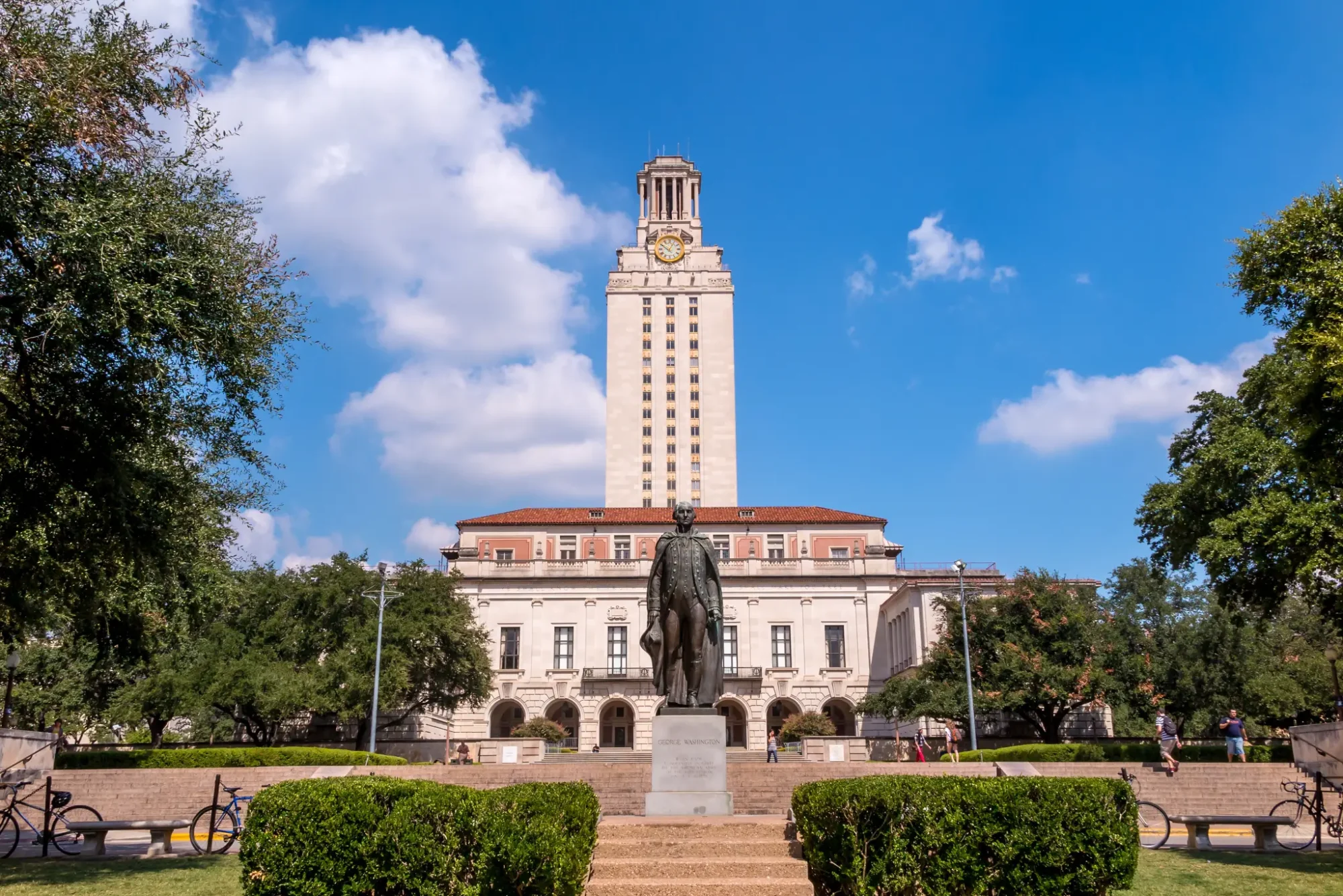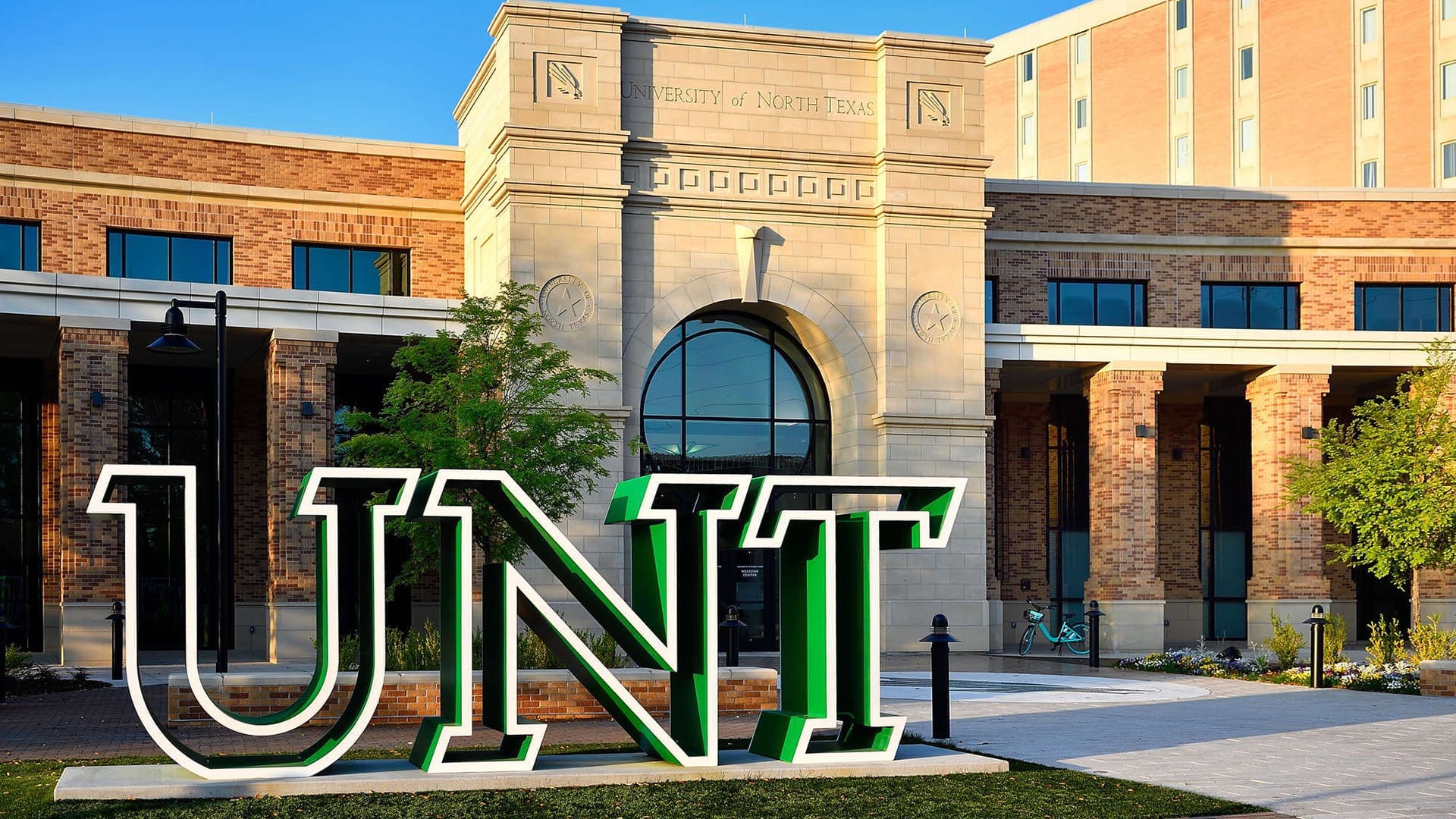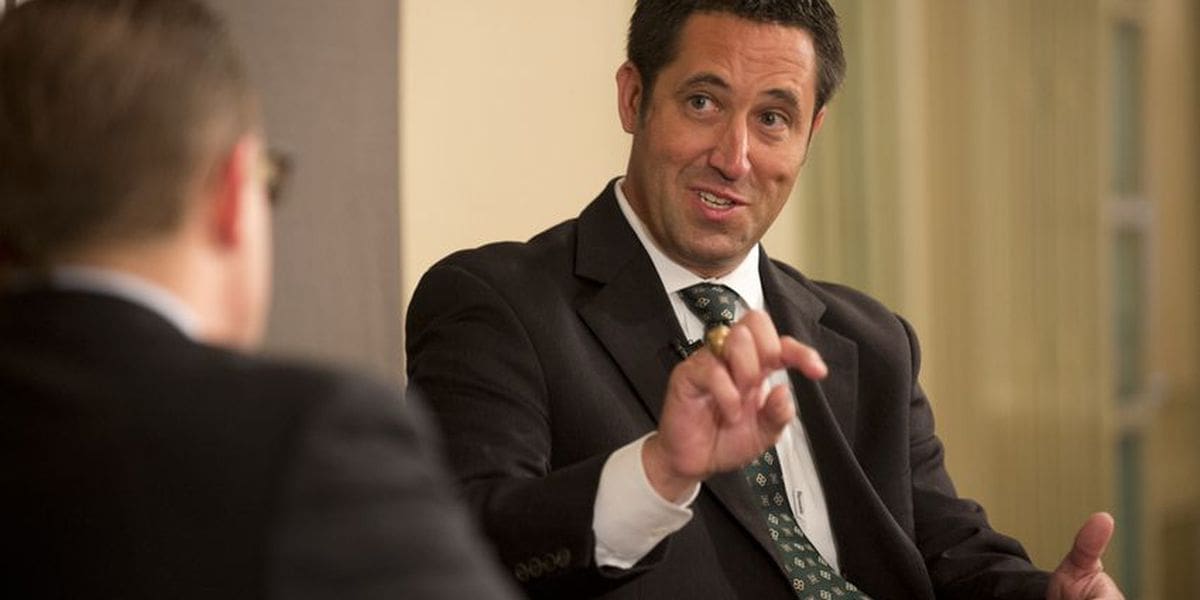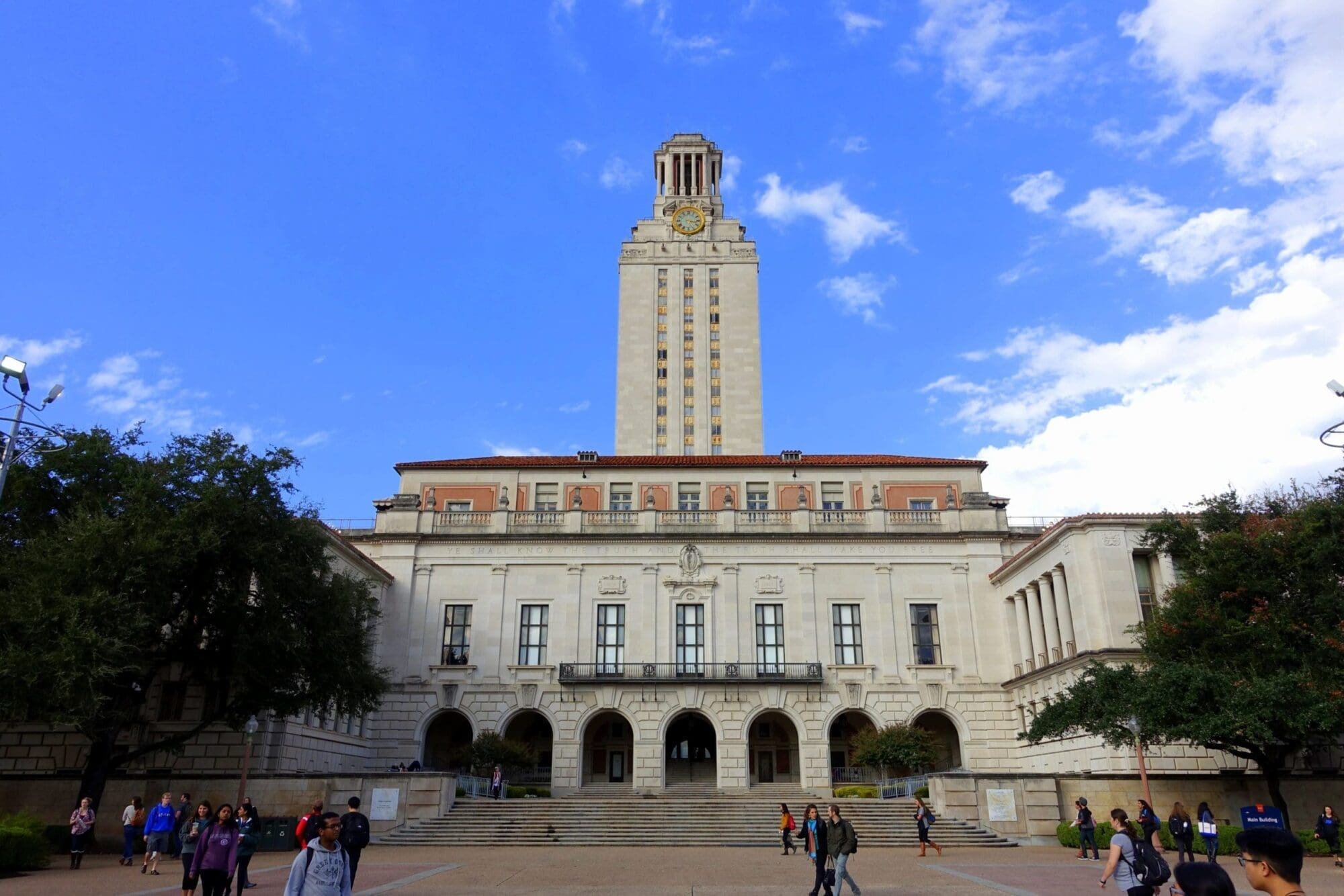The University of Texas at Austin is closing its diversity, equity, and inclusion office and reallocating its funding toward “teaching and research.”
UT Austin President Jay Hartzell revealed the news in an email sent to school faculty and administrators on Tuesday.
He specifically cited Senate Bill 17 of the Texas Legislature’s 88th regular session as the primary reason UT Austin disbanded its Division of Campus and Community Engagement.
SB 17, signed in June 2023, prohibits public universities in Texas from establishing a DEI office, using DEI criteria in their hiring practices, or requiring employees or prospective employees to attend DEI training sessions.
Hartzel assured administrators that DCCE’s remaining non-DEI programs—such as disability services, the University Interscholastic League, the UT charter schools, and volunteer and community services—would be “redistributed” to “other divisions.”
“As part of this reallocation, associate or assistant deans who were formerly focused on DEI will return to their full-time faculty positions,” explained Hartzel. “The positions that provided support for those associate and assistant deans and a small number of staff roles across campus that were formerly focused on DEI will no longer be funded.”
Current DCCE services involving student workers will be available until the end of the semester but are scheduled to be eliminated thereafter, along with their positions.
The news came amid a joint press release by the American Association of University Professors and the NAACP’s Texas chapters claiming that UT Austin had fired around 60 people.
According to the press release, 40 people who were terminated were within the DCCE.
The firings were first reported by the Austin American-Statesman, which cited people familiar with the decision. UT Austin has not yet made an official statement on the reported firings.
In a Tuesday post on X, House Speaker Dade Phelan (R-Beaumont)—who is currently facing a competitive runoff race to keep his seat—attributed UT Austin’s decision to back down from DEI to his work last session in passing SB 17.
It sparked a derisive response from State Rep. Brian Harrison (R-Midlothian), who accused Phelan of intentionally stalling and trying to water down SB 17 before the measure hit the House floor.
While Harrison stated that the measure was eventually restored before reaching the floor, he accused Phelan of then spending “hours colluding with the Democrat Caucus to find another way to gut the bill.”
“It can’t be overemphasized that Phelan’s team worked hard to keep DEI staff from ever being fired… the exact thing he’s taking credit for now,” insisted Harrison. “Time for new leadership that doesn’t have to be forced to do what’s right.”
State Sen. Brandon Creighton (R-Conroe), who authored SB 17, told Texas Scorecard that he believes UT Austin is “taking steps to ensure compliance” with the law and will reinvest its resources into “recruiting a diverse blend of students and professors based upon merit.”
DEI has produced less diversity, divided students, and mandated political loyalty oaths before anyone gets an interview. It’s been a failed experiment that threatens free speech and is a drag on research and innovation at many of our best colleges and universities.
“Now that we are in a new era, Texas taxpayer-funded higher education can return to a merit-based framework that will better serve its students and faculty,” added Creighton.
At the same time UT Austin is moving towards eliminating DEI, the university’s Civitas Institute, which describes itself as committed to “free and open inquiry” and “reason-based arguments,” is preparing to kick off its first fellowships.
Dr. Justin Buckley Dyer, a UT Austin political science professor, was named dean of the institute’s School of Civic Leadership in late March. He has previously authored books and papers emphasizing the “Classical and Christian Origins of American Politics.”
Dyer promoted the Civitas Institute during a recent four-person panel at the Texas Public Policy Foundation’s annual summit in Austin.
“We are developing this new school of civic leadership to provide an education for students on Western civilization, American constitutionalism, and the skills that they’ll need to be leaders in the 21st Century,” said Dyer.





